“The market is very close to here.” After about twenty minutes of walking, I realized that close in Uganda did not mean the same thing as close in America. I gave up on exercise and decided to hop on a bodaboda (motorcycle). For less than a dollar, they will take you anywhere you want to go in town. I didn’t realize when I flagged down this particular motorcycle that I would get much more than a ride to the market.
James grew up in Gulu town. His family used to own land a nearby village, but the war forced them to flee. Even after peace returned to the region, his parents refused to return to a place where they saw women and children murdered. He says it’s hard to remember what Gulu town used to look like because now most roads are paved. Modern buildings have replaced the mud brick, thatched roofed hut that once covered the entire town. “”It’s all because of the war” he said as I climbed on the back of his bodaboda. “”Every situation has its advantages and disadvantages” he explained, “When the war was still ongoing, there was development like we never saw before. All of a sudden all these international NGOs flocked to Gulu and brought with them money. Health care was free. School was free. Of course people died, but do you think wazungu (westerns) would have cared about Gulu if not for Kony?”
Despite the wind rushing past as we rode down road, I was transfixed on James’ point. Just like the gold rush had created boom towns in the American West, so had conflict transformed Gulu from a nowhere town in northern Uganda to the unofficial NGO capital of Uganda. But with every boom logically follows a bust. “Now that we are at peace, these NGOs are closing down and moving to places like South Sudan or the Congo. These NGOs hired so many locals to work for them, where will people find jobs like that again?” I had no response. This is the dark side of international development. These organizations are driven by their donors to go where the need is greatest; even if that means the core issues that caused that need in the first place go unaddressed. These organizations use buzzwords like sustainability and human-centered, but long lasting change is not sexy. Feeding children during a famine makes for a better photo than empowering the same children to rebuild their communities once peace returns. It also takes less time. A Band-Aid instead of a cure.
I reached the market within 10 minutes. I thanked James for the ride, handed him 1,000 shillings (30 cents) and he drove off. I never got a picture of him, but I remember this conversation vividly. There are professors who have dedicated their entire lives to make the point that James made in a brief ride to the market.
Since I have no pictures of James, here are a few random shots from my time in Gulu thus far!
Posted By Chris Markomanolakis (Uganda)
Posted Jun 27th, 2018


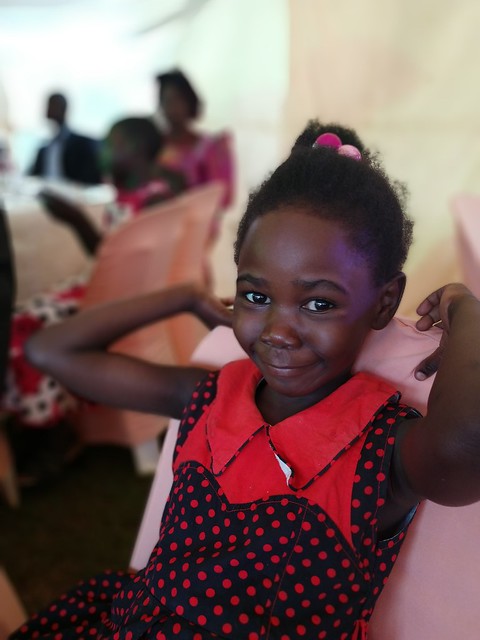
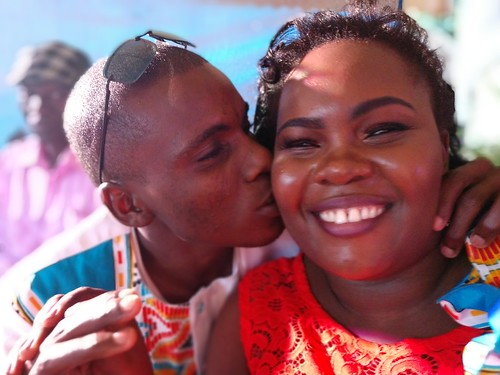
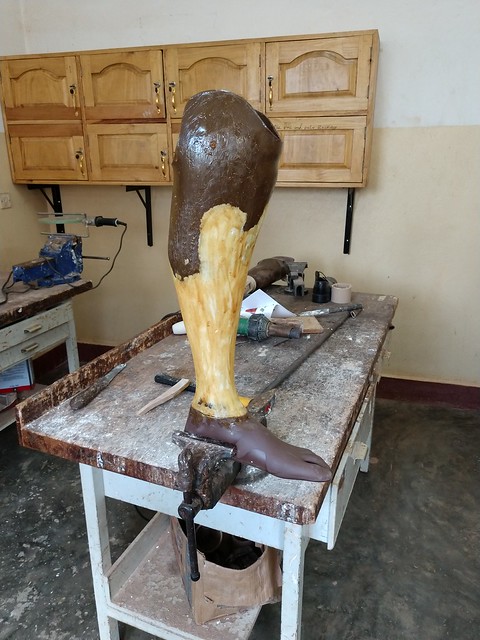
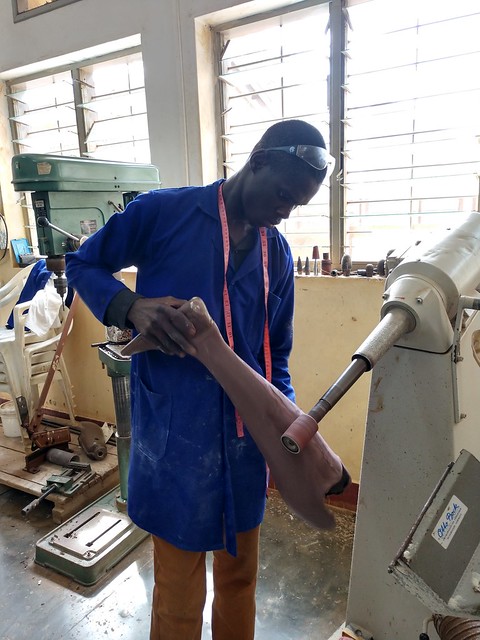
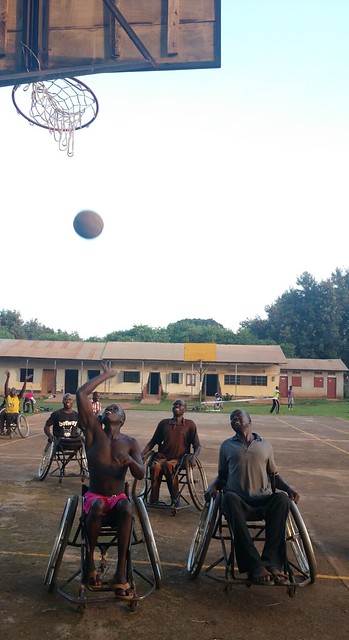
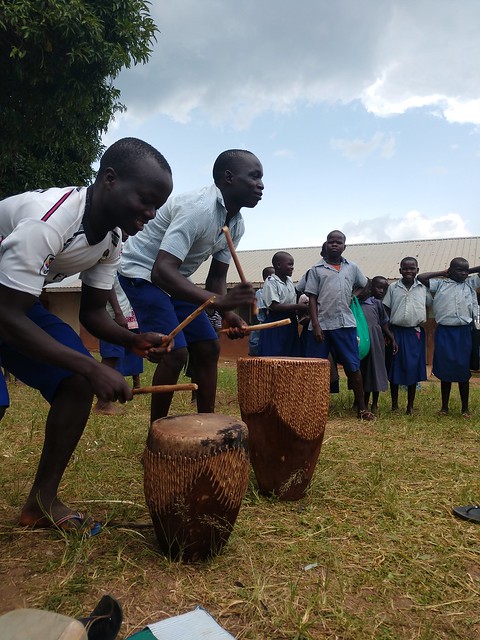
8 Comments
Josh
June 27, 2018
Tragically beautiful story
Marcela
June 27, 2018
Great post, Chris. You captured this moment powerfully.
Ali West
June 28, 2018
Thank you for sharing this conversation, Chris. Very impactful and very true – I’m glad you are in Gulu and working on a cure instead of a Band-Aid. Also, great pictures!
Samantha Givens
June 28, 2018
Chris, I love that small interaction you had with someone, those precious moments can teach you a lot about the people, community, and overall work that you’re doing. What are your thoughts on the band-aid issue? How do we move away from palliative care?
Corinne Cummings
June 28, 2018
Hey Chris. Thank you for your thoughts and sharing your experience with James. In the few moments you had with him, you seemed to have captured a deep-felt conversation. NGOs are a mixed bag when it comes to “development” in the Global South, there are not many that contribute to sustainable work to meet the given community’s needs. I liked how you mentioned the idea of a boom and an inevitable bust within any economy. I can see how that becomes magnified in countries less developed than the West due to problematic development initiatives that mostly only offer a temporary fix to larger and deep-rooted issues such as gender inequalities, caste systems, religious disparities, etc. You made a lot of great observations concerning this topic. In addition, thank you for the fantastic photographs! Not only do you have the gift of seizing the opportunity to make meaningful conversations with the locals, but also seizing the moment in pictures. Have fun on your future adventures in Uganda. Take care, Corinne
Princia Vas
June 29, 2018
Thank you for sharing this Chris! Very touching and impactful indeed 🙂
The pictures were nicely captured as well and conveys a story of its own.
iain
July 2, 2018
Great story and great photos! You’re right about foreign NGOs and sustainability, which is why your work with GDPU this summer is so important. The route to sustainable development is through local community based organizations which do not have the luxury of pulling up stakes and moving to the next juicy emergency. You’re off to a great start!
Karen
July 11, 2018
It is moments like this that hook you to the field life! You can’t understand local perspective from a distance… thanks for ‘sharing’ this ride with us.